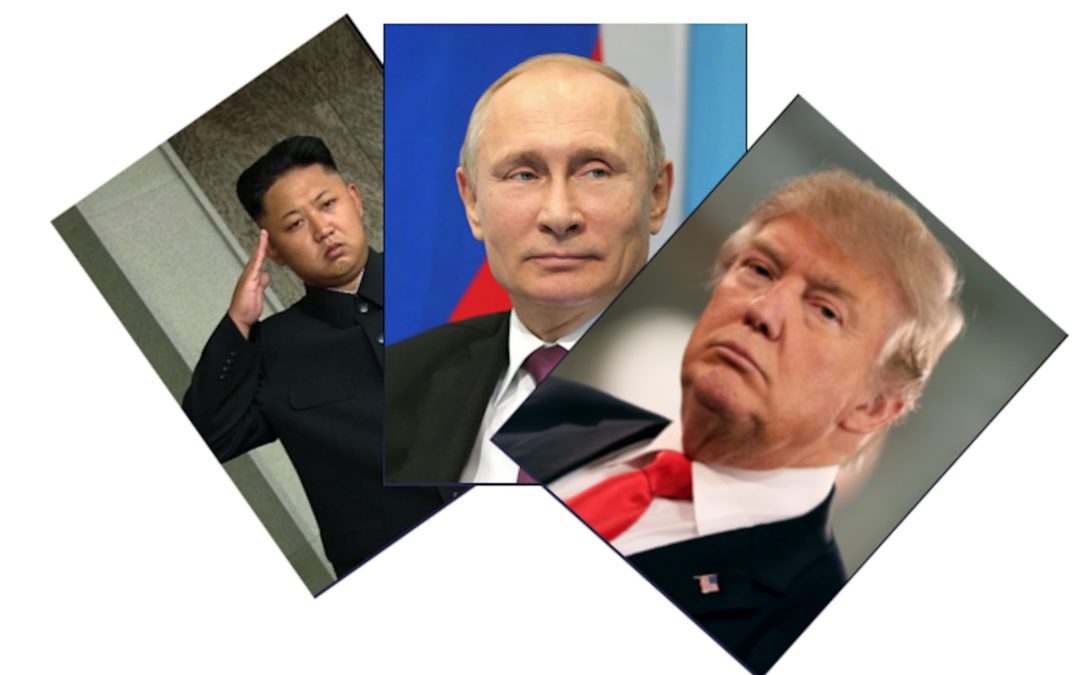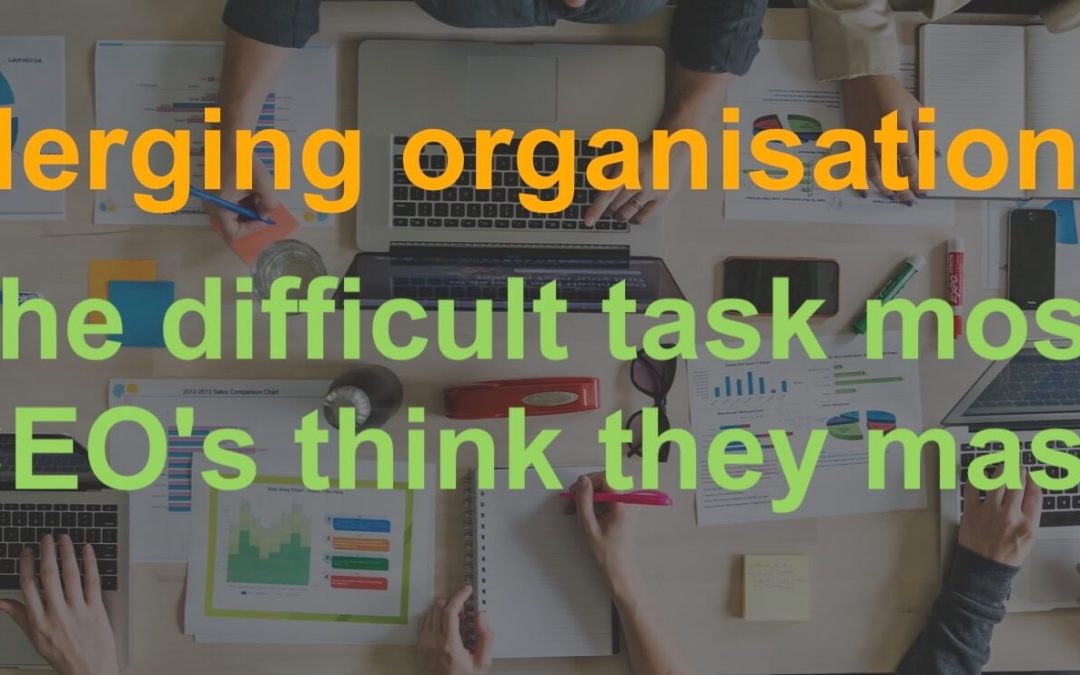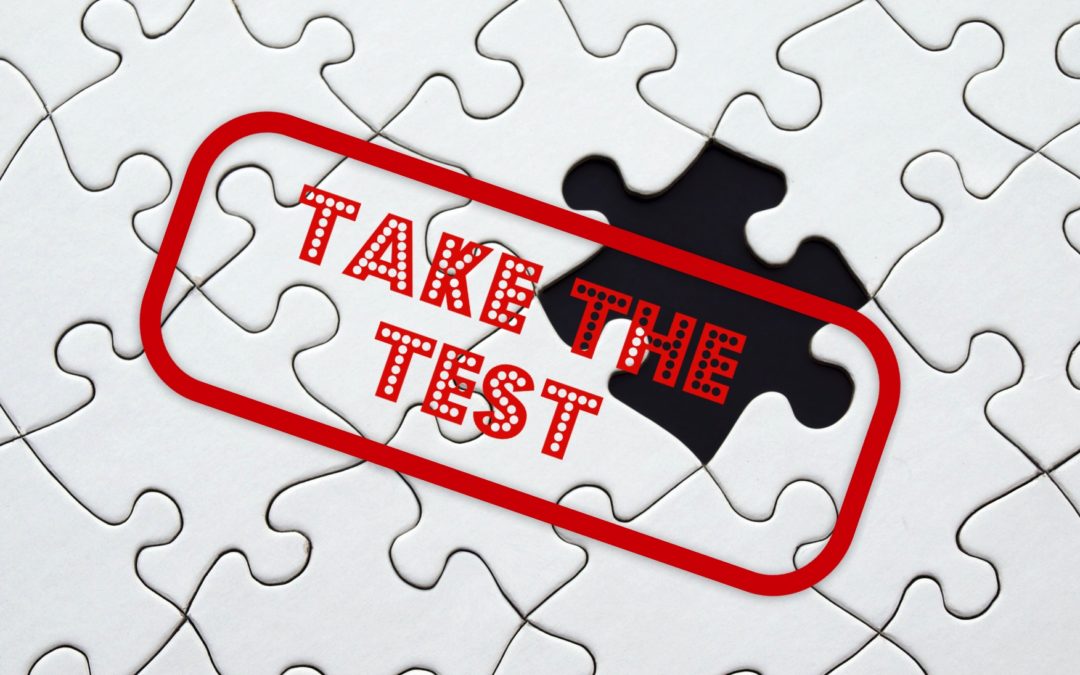Leadership is a challenging journey filled with tough dilemmas. As a leader, it is crucial to have the skills and strategies to navigate these difficult situations effectively. In this blog post, we will explore some examples of tough dilemmas and provide insights on how leaders can deal with them.
1. Balancing Transparency and Confidentiality: Leaders often find themselves torn between being transparent with their team and maintaining confidentiality. For example, when faced with a sensitive issue such as a potential merger or layoffs, leaders must decide how much information to share with their employees. One approach is to communicate the broader goals and potential impacts while respecting the need for confidentiality on certain details. This way, leaders can maintain trust while ensuring essential information is shared.
2. Ethical Dilemmas: Leaders frequently encounter ethical dilemmas that challenge their integrity and values. For instance, when faced with unethical practices within the organisation, leaders must decide whether to confront the issue head-on or turn a blind eye. It is crucial for leaders to prioritise ethical standards, even if it means making difficult decisions such as reporting misconduct or implementing necessary changes to promote a culture of integrity.
3. Handling Conflicting Priorities: Leaders often face the challenge of managing multiple conflicting priorities. For example, when dealing with limited resources, leaders must decide which projects to prioritise and allocate resources accordingly. Effective leaders consider the long-term impact, align priorities with the organization’s goals, and communicate their decisions transparently to ensure clarity and understanding among team members.
4. Dealing with Difficult Employees: Leaders frequently encounter employees who exhibit challenging behavior or underperform. When faced with this dilemma, leaders must address the issue without compromising employee morale or team dynamics. One approach is to have open and honest conversations with the employee, offering constructive feedback and support to help them improve. In some cases, leaders may need to make tough decisions such as reassigning roles or, as a last resort, letting go of the employee to maintain a productive and positive work environment.
5. Navigating Cultural Differences: In today’s globalised world, leaders often find themselves leading diverse teams with varying cultural backgrounds. This diversity can present dilemmas related to communication styles, decision-making processes, and conflicting norms and values. To navigate these challenges, leaders must promote cultural intelligence, fostering an inclusive environment where team members learn about and appreciate each other’s cultural perspectives. Through open dialogue and a willingness to adapt, leaders can bridge cultural gaps and harness the unique strengths of their diverse team.
Leadership is not always straightforward, and tough dilemmas are inevitable. However, by developing emotional and cultural intelligence, ethical decision-making skills, and cultural intelligence, leaders can effectively navigate these challenges and create a positive and thriving work environment. Remember, it is through these difficult moments that you as a leader truly grow and inspire those around you.
Unlock the power of cultural intelligence and watch your leadership skills soar. At Gugin, we specialise in training leaders and managers to become more culturally intelligent, equipping them with the invaluable ability to navigate dilemmas with finesse. In a globalised world where diversity reigns, leaders often find themselves facing cultural differences that can pose challenges to communication, decision-making, and team dynamics. By fostering an inclusive environment where cultural perspectives are appreciated and understood, leaders can bridge gaps and harness the unique strengths of their diverse teams. With cultural intelligence as your guiding light, you can effectively reconcile dilemmas, promote ethical standards, handle conflicting priorities, and navigate even the toughest of challenges. Elevate your leadership potential with Gugin and embrace the power of cultural intelligence today.

- We align your corporate culture with your strategy.
- We take you safely through major changes in your organisation.
- We develop the crucial cultural intelligence in your organisation by training your employees and leaders
- We help you develop a competitive advantage with a unique corporate culture
Gugin has helped more than 600 companies around the world creating a winning corporate culture.

Is Islam = Terrorism?
Is Terrorism = Islam? Of course not It is easy to judge the terror attacks we have witnessed in Paris as a spin-off of radical islamism as all of the terrorists were muslims. I am writing this short article because I have worked with this subject for quite many years...

Poll: Who is the greatest threat to world peace, Trump, Putin or Kim Jong-Un?
Trump, Putin or Kim Jong-Un 3 people who gain global attention. 3 people who almost everybody have an opinion about. Before we continue we will like to hear your opinion by answering the short poll below. We will also be grateful if you will share this...

The top 5 corporate culture challenges for managers
Here are the 5 most significant challenges managers of multicultural teams are facing. The list is based on more than 600 clients Gugin has worked with across the Globe. Contact us if these challenges look familiar to you. We will love to hear about them. Maybe we can help.

Merging organisations. The difficult task most CEO’s think they master
Merging organisations. The difficult task most CEO's think they master - but they don't- which is why 2/3 of all Mergers fail to meet their objectives due to cultural clashes. Here are the top 5 reasons why merging organisations go wrong and what you can do to...

How much cultural Intelligence do you have?
Look carefully at the image above. What do you pay attention to first, the different colours or the similar shapes? If you see the different colours first it means that you have a preference for looking for differences before you see similarities. If, however, you see...
